From the announcement of President Obama’s controversial new contraception policy, to Rick Santorum’s unexpected triple-win on Tuesday—Catholics have determined this week’s news cycle. To understand these developments, Moment speaks with Shaun Casey, a religious outreach advisor to the Obama campaign and author of The Making of a Catholic President: Kennedy v. Nixon 1960. He is also associate professor of Christian ethics at Wesley Theological Seminary in Washington, DC.
MM: What does it mean that we have two prominent Catholic candidates vying for the Republican nomination right now? Is this the first time all the top candidates—from either party—have not been Protestant Christians?
SC: Of course the Democratic Party has nominated Catholics—John F. Kennedy and John Kerry. But on the Republican side, I don’t believe we’ve ever had a non-Protestant be the nominee. The evangelical Protestant vote is very powerful—it’s a huge piece of the Republican base. They have struggled this time to pick the person they want to go to, and no single candidate has been able to garner that vote. So if you’re an evangelical voter, you’re flummoxed where to go.
MM: How does Catholicism inform Rick Santorum and Newt Gingrich’s politics?
SC: Newt Gingrich is a recent convert, and he comes to Catholicism from having become a Southern Baptist in his college years—so he’s made quite the pilgrimage. You can’t point to any visible political changes as a result of his conversion to Catholicism, but what unites Gingrich and Santorum is that their faith overlaps with their conservative politics. Both Gingrich and Santorum are drawn to the anti-abortion stance, the stance against gay marriage—there’s a very strong correlation between their conservative faith and their conservative politics. On the other hand, there’s some tension between Catholic social tradition and their conservative political beliefs: the preferential option for the poor, the desire for universal health care, the right for unions to organize—there’s a robust list of political stances that Church teaching points towards that goes in a different direction from Santorum and Gingrich. While their faith does shape their politics, there’s not only an area of conjunction, there’s also an area of disjunction between their political beliefs and the faith of their Church.
MM: Tell me about Catholic voters—how have they voted historically and where do they stand now?
SC: Since the early ‘90s, the Catholic Church has migrated from predominately Democratic to the ultimate swing voters today—typically, the candidate who wins the Catholic vote wins the overall vote. At the same time, mainline Protestant voters are going the other way. They were predominately Republican in the ‘80s and ‘90s, and now they’re moving toward the center. And going back 40 or 50 years, evangelical voters were predominately Democrats, and now they’re predominately Republican. Those are the three great migrations in religious voter patterns.
The Catholic community is also becoming more and more an immigrant church. The Pew forum has data showing that if you’re an American-born, Anglo Catholic, there’s a fairly high attrition rate or movement out of the Catholic faith, while immigrants from Mexico and Latin America, and to a certain extent Asia, are replacing them. Yet again it’s becoming an immigrant church as it was in the 19th century.
MM: Does it matter that Santorum and Gingrich are taking such a hard line on immigration when so many Catholic voters are Hispanic?
Absolutely. Hispanic Catholic voters tend to vote Democratic—Obama won the overall Hispanic vote rather handily over McCain in ’08. While they are social conservatives—they’re not liberals on abortion or same-sex marriage—they are very concerned about immigration reform, and that’s the trump issue right now. Even though theologically and socially they might be more attuned to the Republican Party, they fear their stance on immigration.
MM: Do Catholic voters feel any loyalty toward Santorum or Gingrich because they’re fellow Catholics?
No—they don’t feel any sectarian affinities toward those two that I can detect. I think both Santorum and Gingrich have trouble Catholic voters overall. Conservative Catholics love them, but they don’t make up the majority of Catholic voters.
MM: Are Catholic voters in line with Church leadership in opposing Obama’s new contraception policy? Will it affect voting in the fall?
No, they are not. At the same time, there are some liberal Catholics who support birth control—and even support universal access to it—but who also feel in terms of the First Amendment, that religious groups that don’t share that view have the right not to coerce their employees to get it. The administration was surprised by the breadth of the outcry from progressive and moderate Catholics for whom the issue of contraception is not a big deal, but the issue of religious liberty is. Is that going to drive another 30 percent of Catholics into the Republican Party—I doubt it. But people are watching very carefully to see if there’s a compromise we can come to. At the end of the day, the bishops want to find a solution, and that’s what the Obama administration also wants. Despite the heated rhetoric, I’m pretty confident they can find a way to work through this because it’s in everyone’s interest.
MM: One topic that rarely gets talked about is war and poverty. What’s the Church’s stance on these issues, and why don’t we hear the Church pushing back against the government as much as we do on the social issues, like abortion and contraception?
SC: On the question of poverty, the bishops have been active behind the scenes in Congress, trying to push both parties towards preserving social services to the poor and to children. During this difficult budget process, they have been walking the halls of Congress and calling the White House, but in a much quieter way—they’re not reading letters against Speaker Boehner, President Obama or Vice President Biden on the budget issues and the poor. On war, they were quite good during the Bush administration—they were very clear in their opposition to the Iraq War, which they expressed in letters and direct conversation with the president—but it hasn’t been the same dramatic, direct confrontation.
MM: What’s something most people don’t know about Catholics and politics?
SC: I think that the Catholic vote is going to be an important constituency in this election. While Obama won it handily over McCain in ‘08, it remains to be seen whether that’s going to play out in 2012. But I wouldn’t assume that because there’s a Catholic nominee in the Republican Party that the Catholic vote will immediately flip toward the Republican Party. I think that assumption is debatable.

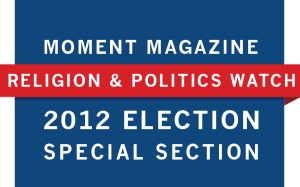
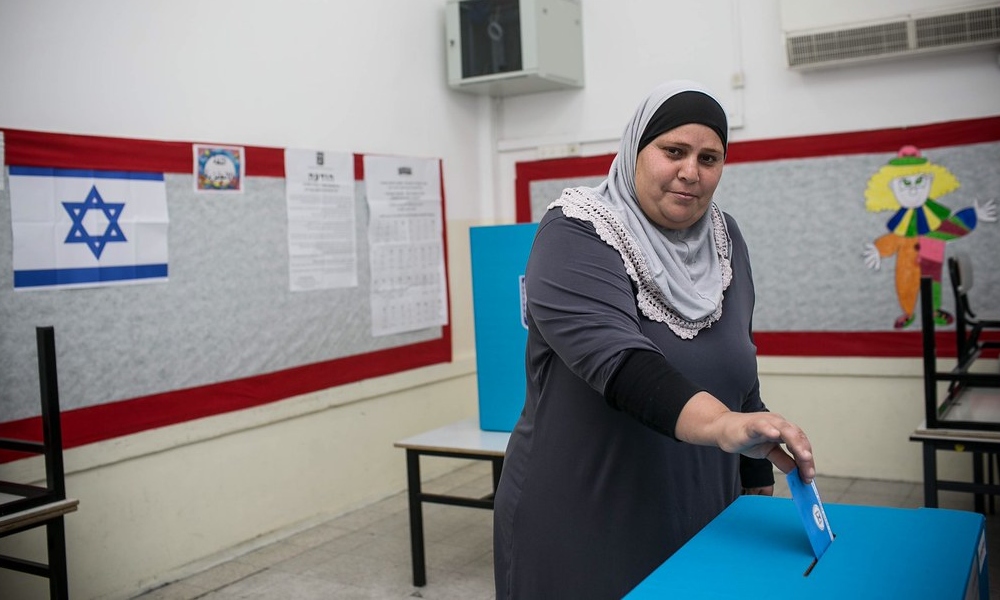
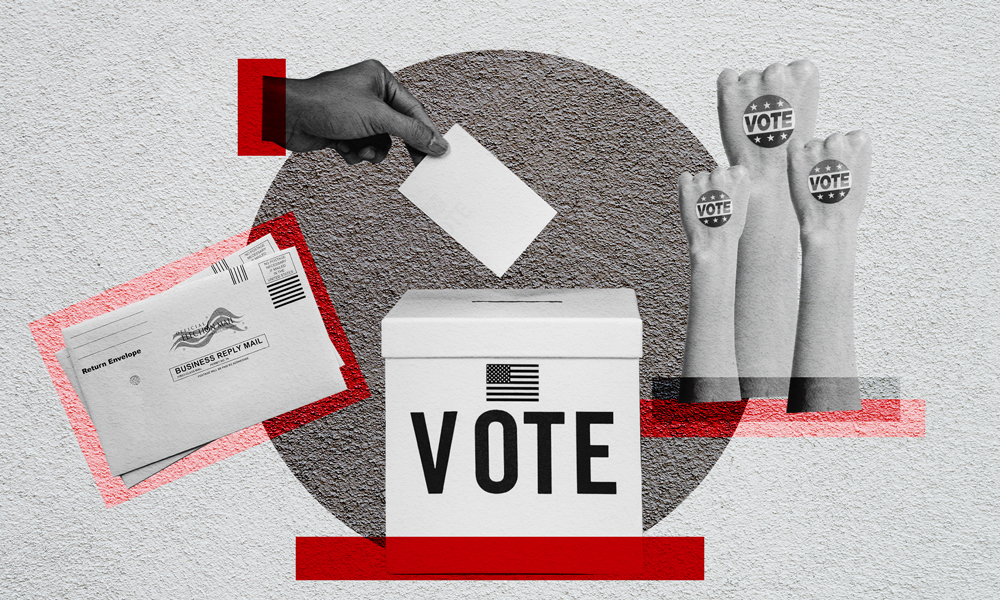

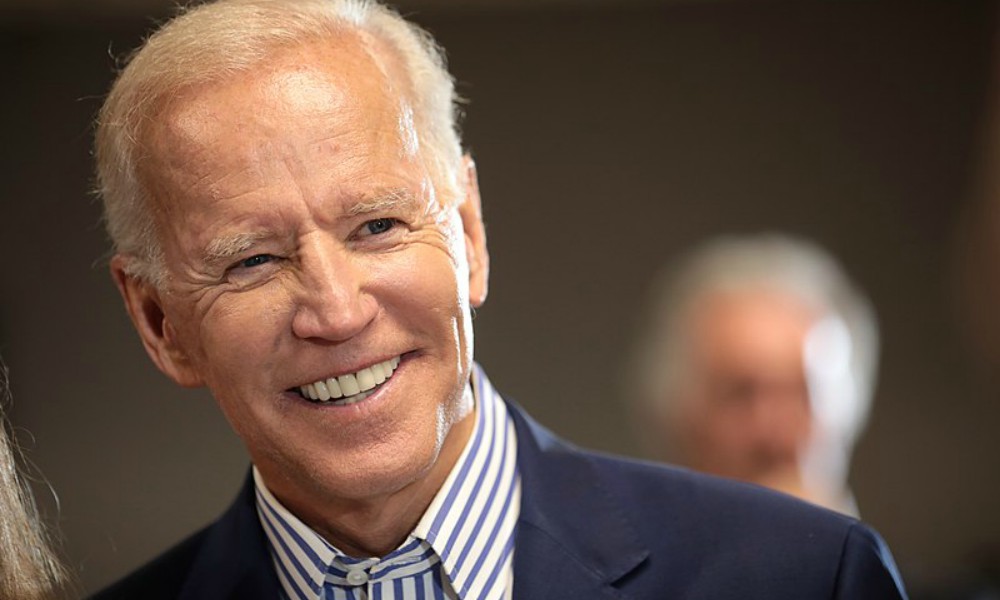

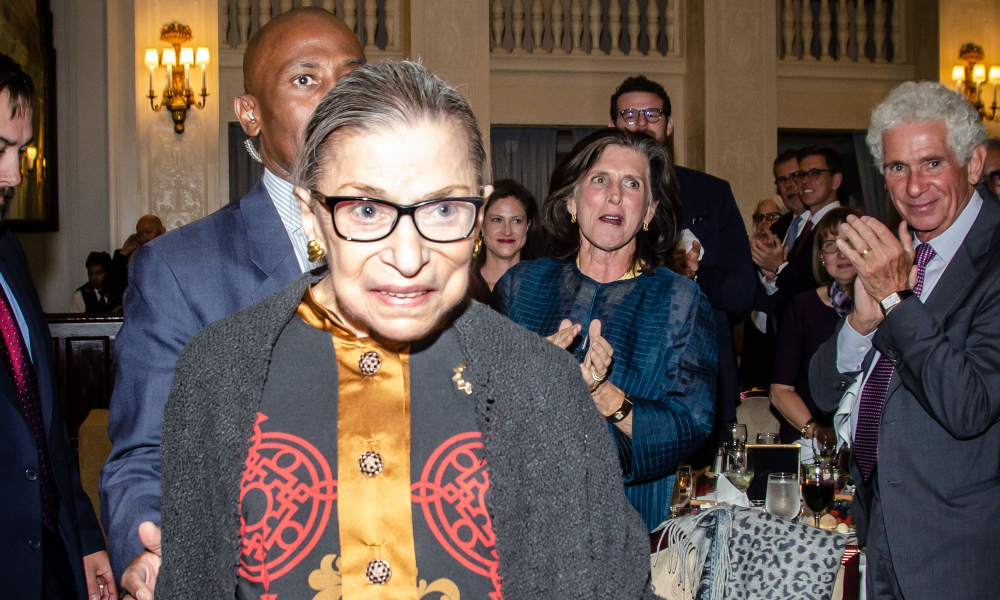
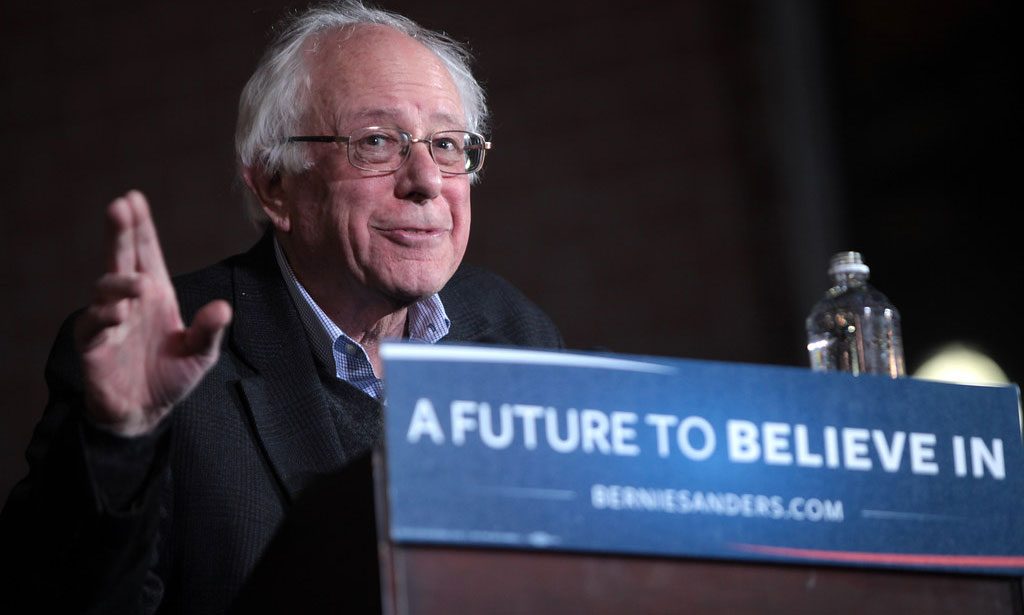

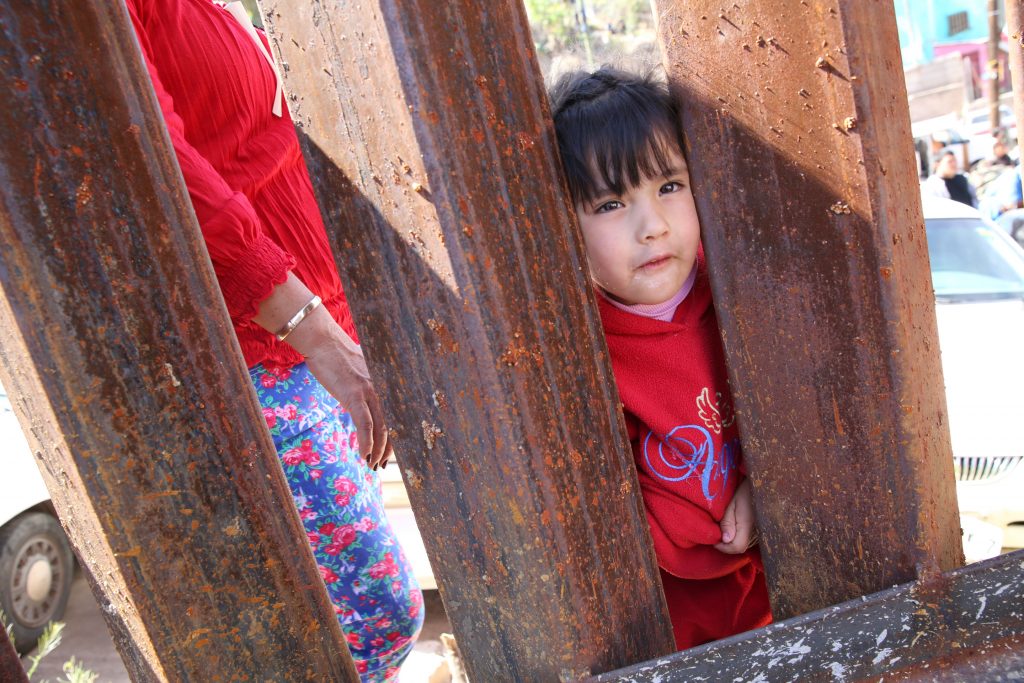
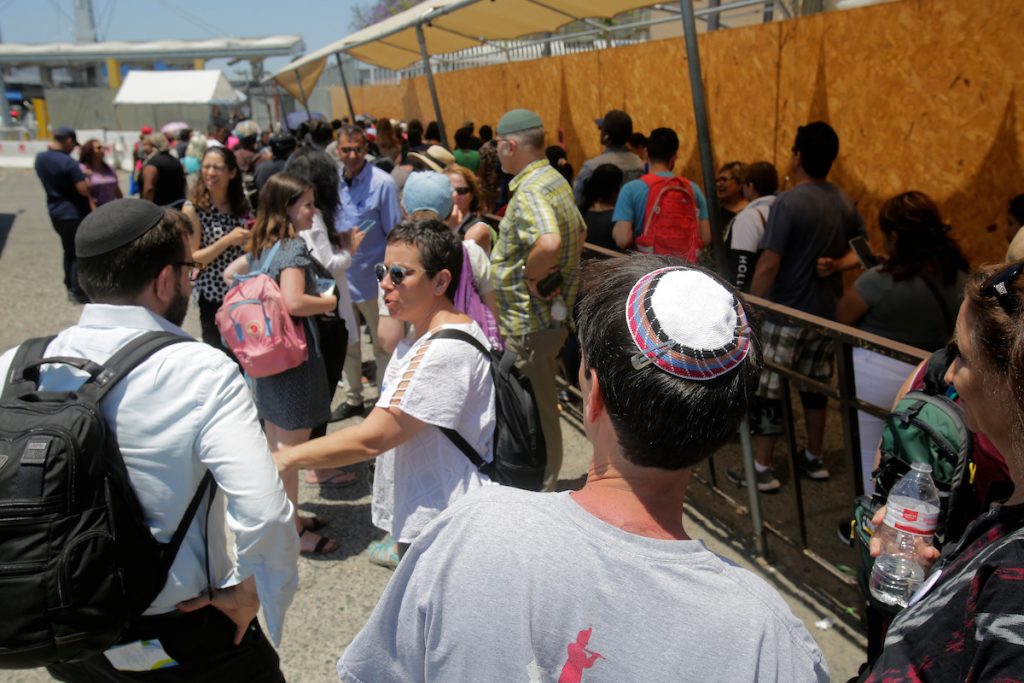
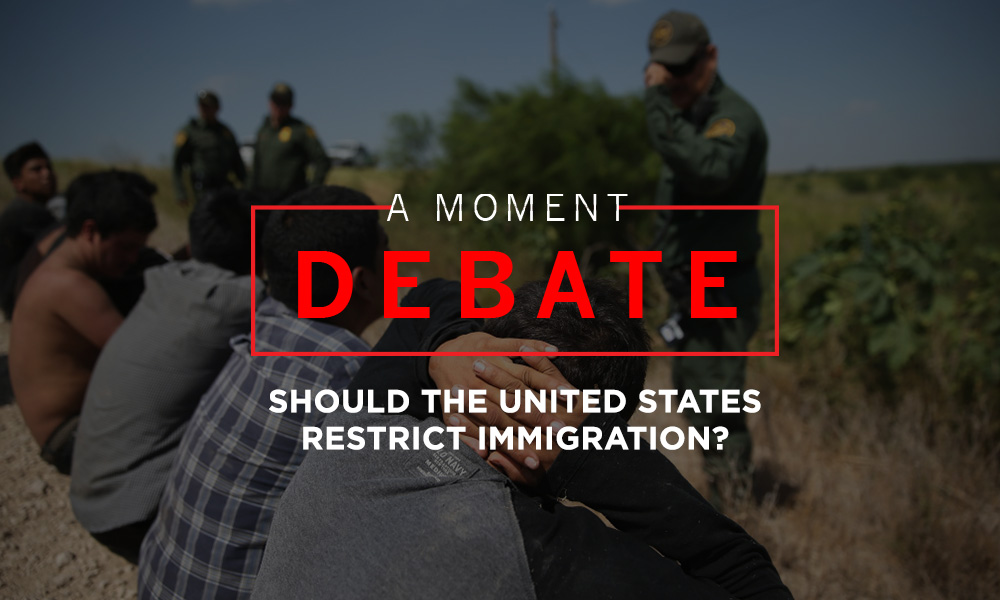
What Obama has done vis a vis the Catholic organizations being compelled to provide coverage for birth control and abortion is tanamount to forcing Yeshiva University to serve ham sandwiches in their cafeteria, accompanied by frothy glasses of milk.